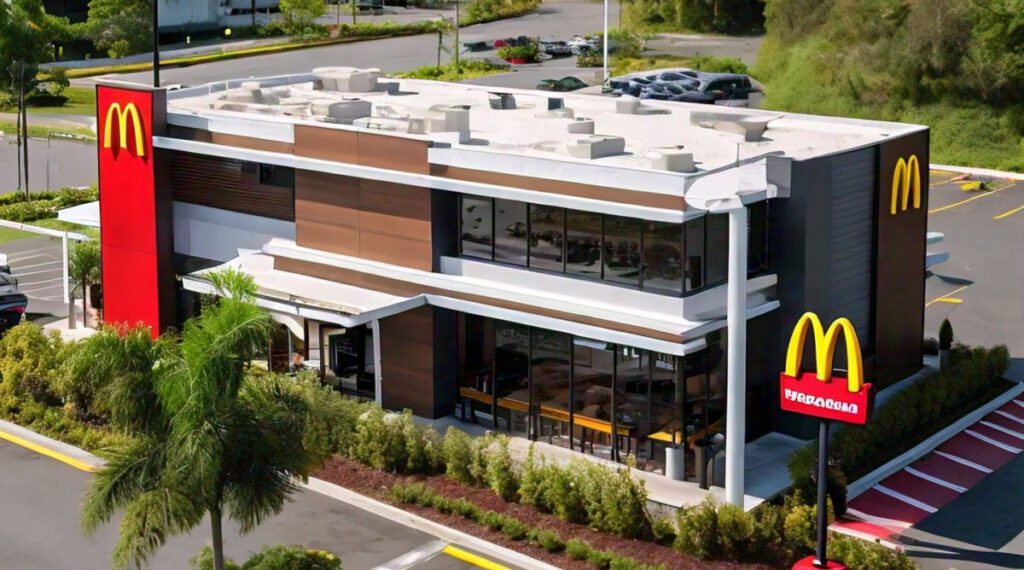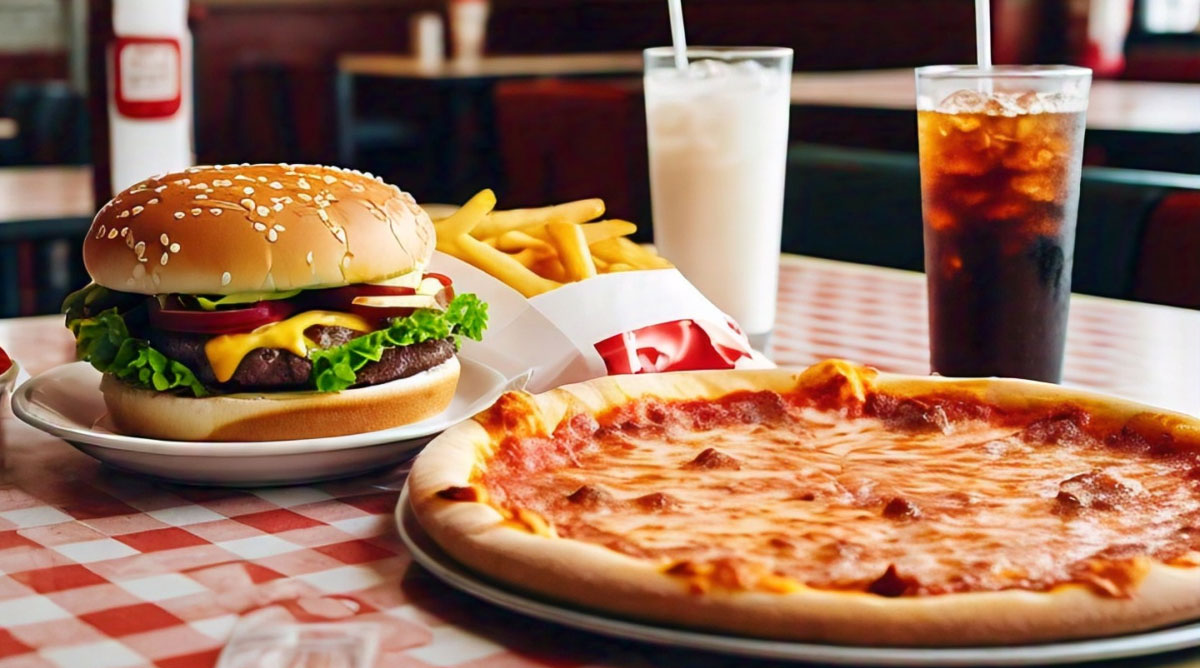- California’s $20 minimum wage law leads to job cuts and higher menu prices.
- Nearly 10,000 jobs lost and menu prices increased by up to 8%.
- Businesses criticize the law, claiming it’s unsustainable and harms both workers and employers.
Fast food restaurants in California are grappling with the effects of a new law that has raised the minimum wage to $20 per hour. This increase, which went into effect on April 1, has caused significant disruptions in the industry, leading to job cuts and higher menu prices.
Menu Prices Surge

Following the implementation of the $20-an-hour minimum wage law, fast food restaurants have been forced to raise their menu prices. Wendy’s, for example, increased its prices by 8%, while Chipotle Mexican Grill raised theirs by 7.5%. Starbucks also saw a 7% hike, with Taco Bell and Burger King following suit with increases of 3% and 2%, respectively.
Job Losses Mount

The wage hike has also resulted in a wave of job losses across the state. Approximately 10,000 positions have been eliminated as restaurants, both large franchises and small businesses, struggle to adapt to the new wage law.
Criticism and Concerns
The California Business and Industrial Alliance (CABIA) has been vocal in its criticism of the new law, placing blame on Democratic Governor Gavin Newsom for its implementation. CABIA President Tom Manzo expressed concerns about the sustainability of such significant wage increases, stating, “You can only raise prices so much. People are not going to pay $20 for a Big Mac.”
Looking Ahead
As restaurants seek to comply with the new law, many are exploring alternative solutions, such as reducing employee hours and potentially transitioning to automation in the future. Despite the intent of the wage increase to provide financial security for fast food workers, critics argue that these jobs are often seen as entry-level positions, intended to impart valuable work ethics to young workers.
More on VOU
The Persistence of Unhealthy Diets in the United States: An Examination
Highlights The State of American Diets Recent research from Tufts University, published in the Annals of…
Here’s Why Refined Sugar is a Slow Poison According to Nutritionists
Highlights White sugar, also known as refined sugar, is a staple in many diets worldwide. While…
ByteDance Teams Up with Broadcom and TSMC to Develop 5nm AI Chip
Highlights: ByteDance’s Strategic Move in AI Chip Development TikTok’s parent company, ByteDance, has embarked on a…
Apple and Meta Eyeing AI Partnership
Highlights Apple and Meta’s AI Vision Apple is reportedly in talks with Meta to explore a…





